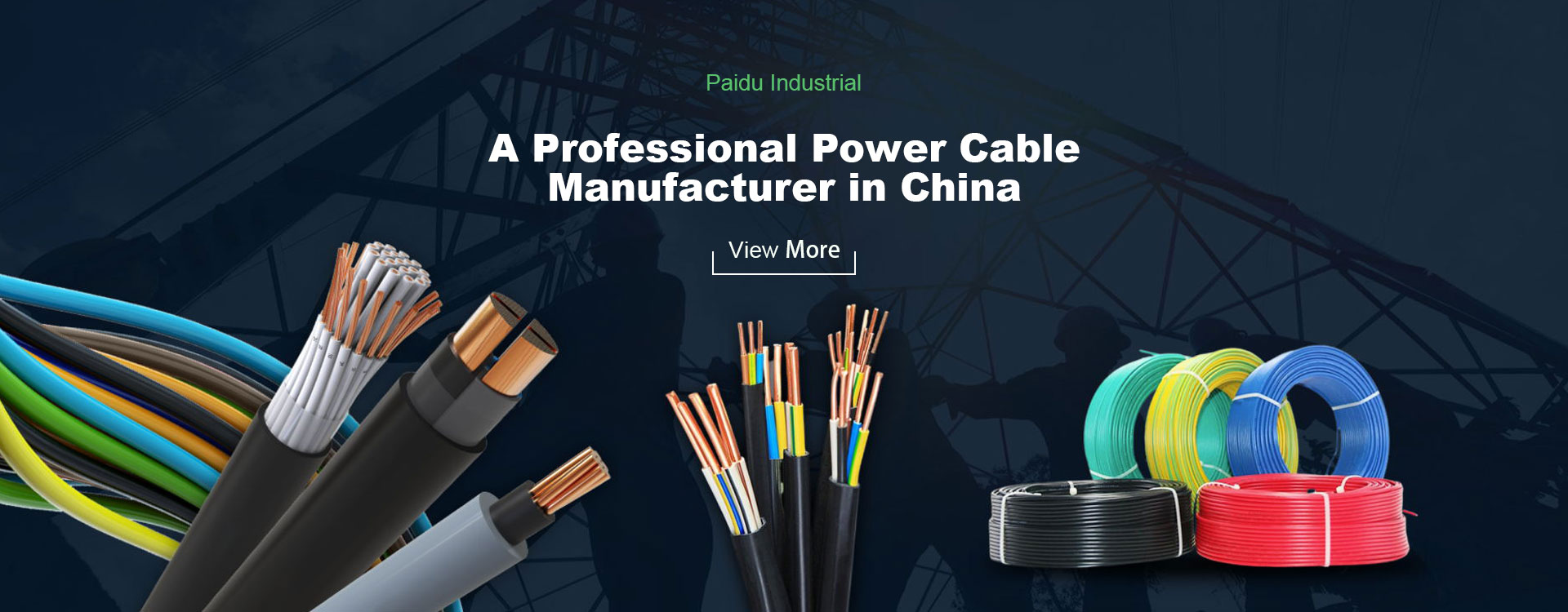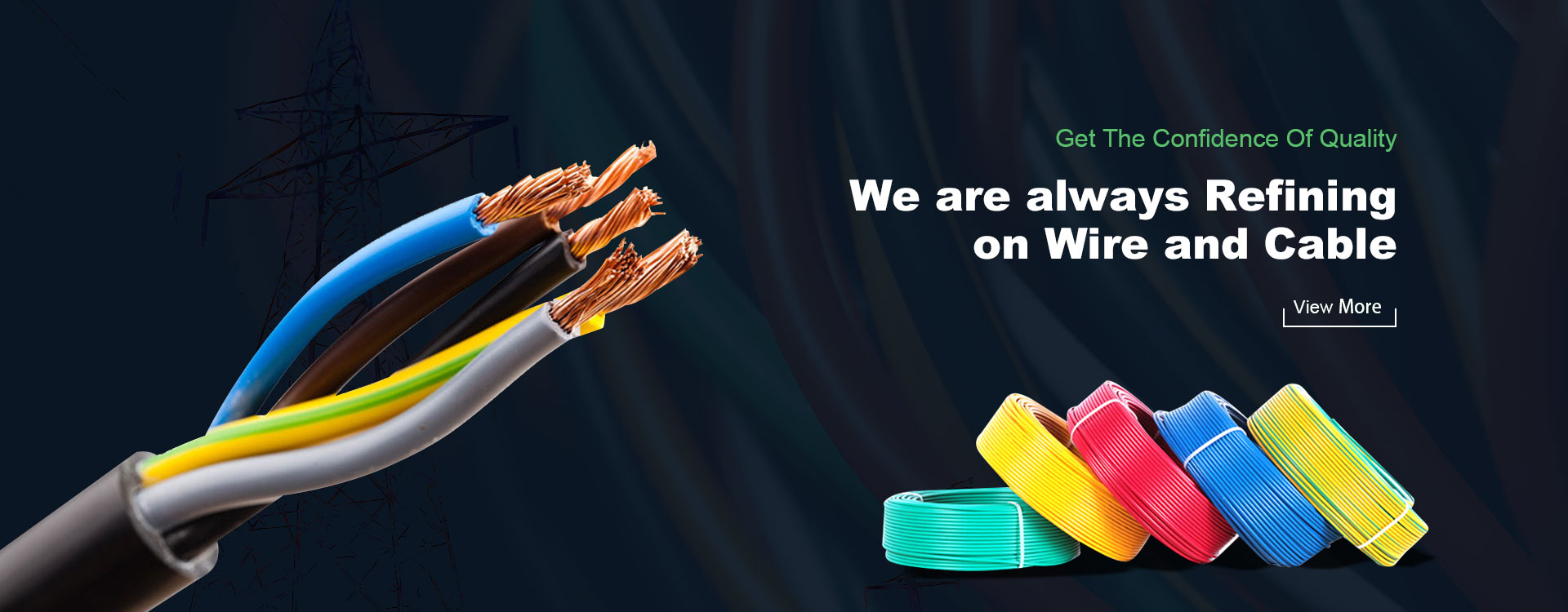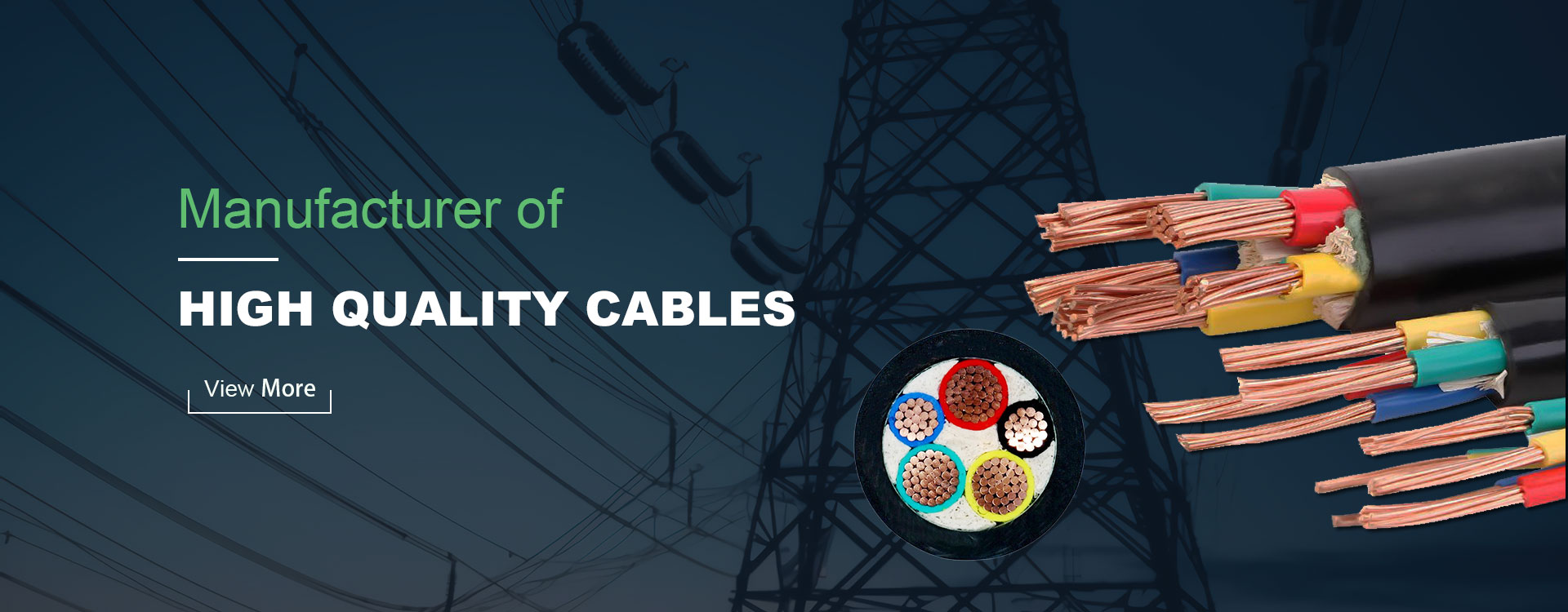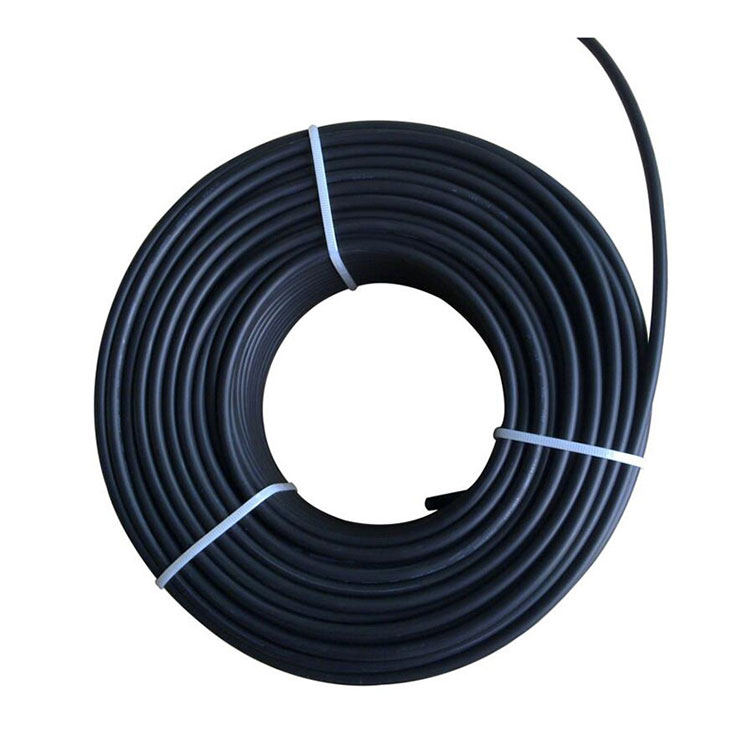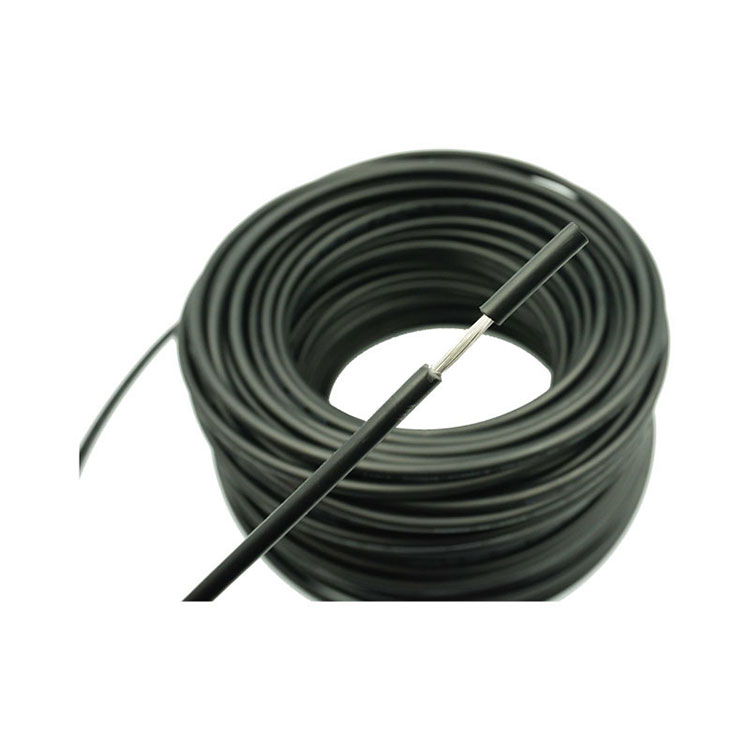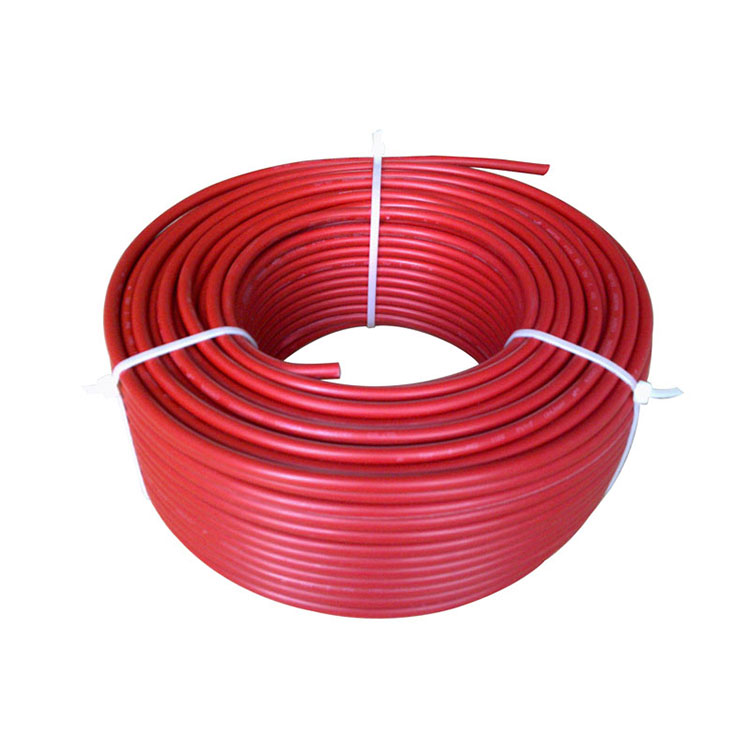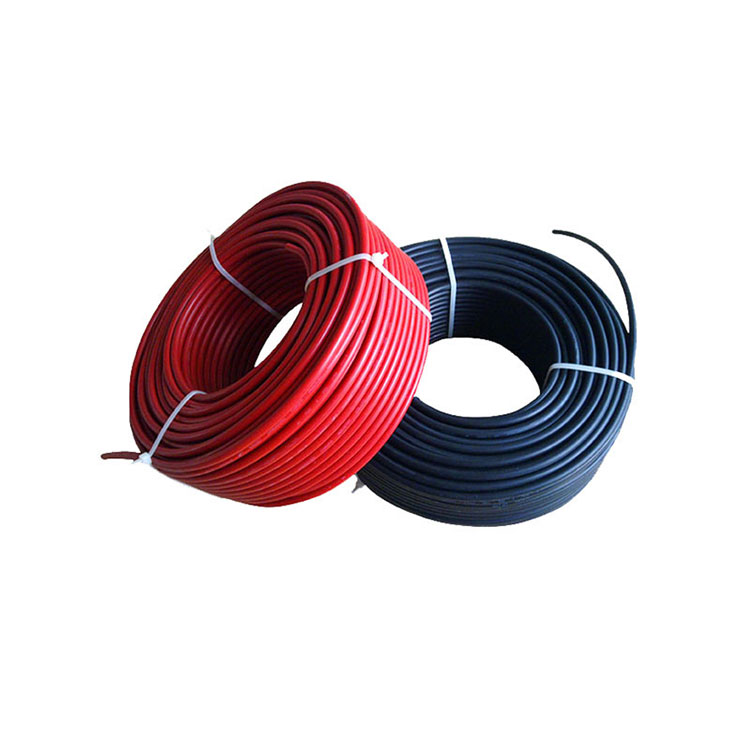 Rich Experience Official self-management, factory straight hair, sufficient inventory, and heavy quality, heavy service, professional customer service worry free, support customization.
Rich Experience Official self-management, factory straight hair, sufficient inventory, and heavy quality, heavy service, professional customer service worry free, support customization.
New Products
About Us
Ningbo Paidu Industrial Co., Ltd. was established in 2003, located in Ningbo City, Zhejiang Province, the factory covers an area of 18,000 square meters, has more than 200 employees, including 36 senior professional and technical personnel, equipped with professional cable production equipment, testing equipment and standardized industrial plants. We are professionals in manufacturing and supplying PV cables, power cables, and photovoltaic cables in China.
PV Cable
Conductor Material: PV cables typically feature tinned copper conductors due to copper's excellent conductivity and resistance to corrosion. Tinning the copper conductors enhances their durability and performance, particularly in outdoor environments.
Insulation: The conductors of PV cables are insulated with materials such as XLPE (Cross-linked Polyethylene) or PVC (Polyvinyl Chloride). The insulation provides electrical protection, preventing short circuits and electrical leaks, and ensures the safety and reliability of the photovoltaic system.
UV Resistance: PV cables are exposed to sunlight in outdoor installations. Therefore, the insulation of PV cables is designed to be UV resistant to withstand prolonged exposure to sunlight without degradation. UV-resistant insulation helps maintain the integrity and longevity of the cable over its operational lifespan.
Temperature Rating: PV cables are designed to withstand a wide range of temperatures, including both high and low temperatures commonly encountered in solar installations. The insulation and sheathing materials used in these cables are selected to ensure optimal performance under varying temperature conditions.
Flexibility: Flexibility is a crucial characteristic of PV cables, allowing for easy installation and routing around obstacles or through conduits. Flexible cables are also less prone to damage from bending and twisting during installation.
Water and Moisture Resistance: Solar installations are subject to exposure to moisture and environmental elements. Therefore, PV cables are designed to be water-resistant and capable of withstanding outdoor conditions without compromising performance or safety.
Compliance: PV cables must comply with relevant industry standards and regulations, such as UL (Underwriters Laboratories) standards, TÜV (Technischer Überwachungsverein) standards, and NEC (National Electrical Code) requirements. Compliance ensures that the cables meet specific safety and performance criteria for use in photovoltaic systems.
Connector Compatibility: PV cables often come with connectors that are compatible with standard PV system components, facilitating easy and secure connections between solar panels, inverters, and other devices.
In summary, PV cables are critical components of photovoltaic systems, providing the necessary electrical connections to enable the efficient and reliable generation of solar power. Proper selection, installation, and maintenance of these cables are essential to ensure the safety, performance, and longevity of the overall solar energy system.
Solar Cable
Conductor Material: Solar cables typically feature tinned copper conductors due to copper's excellent conductivity and resistance to corrosion. Tinning the copper conductors enhances their durability and performance, particularly in outdoor environments.
Insulation: The conductors of solar cables are insulated with materials such as XLPE (Cross-linked Polyethylene) or PVC (Polyvinyl Chloride). The insulation provides electrical protection, preventing short circuits and electrical leaks, and ensures the safety and reliability of the PV system.
UV Resistance: Solar cables are exposed to sunlight in outdoor installations. Therefore, the insulation of solar cables is designed to be UV resistant to withstand prolonged exposure to sunlight without degradation. UV-resistant insulation helps maintain the integrity and longevity of the cable over its operational lifespan.
Temperature Rating: Solar cables are designed to withstand a wide range of temperatures, including both high and low temperatures commonly encountered in solar installations. The insulation and sheathing materials used in these cables are selected to ensure optimal performance under varying temperature conditions.
Flexibility: Flexibility is a crucial characteristic of solar cables, allowing for easy installation and routing around obstacles or through conduits. Flexible cables are also less prone to damage from bending and twisting during installation.
Water and Moisture Resistance: Solar installations are subject to exposure to moisture and environmental elements. Therefore, solar cables are designed to be water-resistant and capable of withstanding outdoor conditions without compromising performance or safety.
Compliance: Solar cables must comply with relevant industry standards and regulations, such as UL (Underwriters Laboratories) standards, TÜV (Technischer Überwachungsverein) standards, and NEC (National Electrical Code) requirements. Compliance ensures that the cables meet specific safety and performance criteria for use in solar PV systems.
Connector Compatibility: Solar cables often come with connectors that are compatible with standard PV system components, facilitating easy and secure connections between solar panels, inverters, and other devices.
Photovoltaic Cable
Conductor Material: Photovoltaic cables typically feature tinned copper conductors due to copper's excellent conductivity and resistance to corrosion. Tinning the copper conductors enhances their durability and performance, particularly in outdoor environments.
Insulation: The conductors of photovoltaic cables are insulated with materials such as XLPE (Cross-linked Polyethylene) or PVC (Polyvinyl Chloride). The insulation provides electrical protection, preventing short circuits and electrical leaks, and ensures the safety and reliability of the PV system.
UV Resistance: Photovoltaic cables are exposed to sunlight in outdoor installations. Therefore, the insulation of photovoltaic cables is designed to be UV resistant to withstand prolonged exposure to sunlight without degradation. UV-resistant insulation helps maintain the integrity and longevity of the cable over its operational lifespan.
Temperature Rating: Photovoltaic cables are designed to withstand a wide range of temperatures, including both high and low temperatures commonly encountered in solar installations. The insulation and sheathing materials used in these cables are selected to ensure optimal performance under varying temperature conditions.
Flexibility: Flexibility is a crucial characteristic of photovoltaic cables, allowing for easy installation and routing around obstacles or through conduits. Flexible cables are also less prone to damage from bending and twisting during installation.
Water and Moisture Resistance: PV installations are subject to exposure to moisture and environmental elements. Therefore, photovoltaic cables are designed to be water-resistant and capable of withstanding outdoor conditions without compromising performance or safety.
Compliance: Photovoltaic cables must comply with relevant industry standards and regulations, such as UL (Underwriters Laboratories) standards, TÜV (Technischer Überwachungsverein) standards, and NEC (National Electrical Code) requirements. Compliance ensures that the cables meet specific safety and performance criteria for use in PV systems.
Connector Compatibility: Photovoltaic cables often come with connectors that are compatible with standard PV system components, facilitating easy and secure connections between solar panels, inverters, and other devices.
Inquiry For Price List
For inquiries about PV cable, power cable, photovoltaic cable or price list, please leave your email to us and we will be in touch within 24 hours.
News

What materials are used for photovoltaic cables?
02 08,2025The main materials of photovoltaic cables include copper, aluminum, steel core aluminum, stainless steel, ferrite, and s......
Read More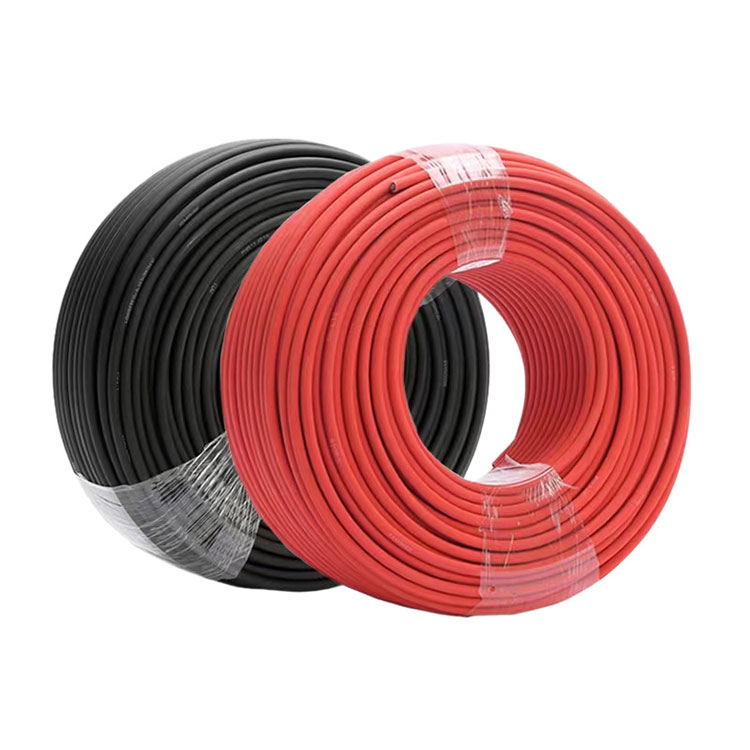
Solar photovoltaic cable - the "blood vessel" of green energy
12 19,2024Solar photovoltaic cables are an indispensable part of solar photovoltaic systems, and their colors, specifications, and......
Read More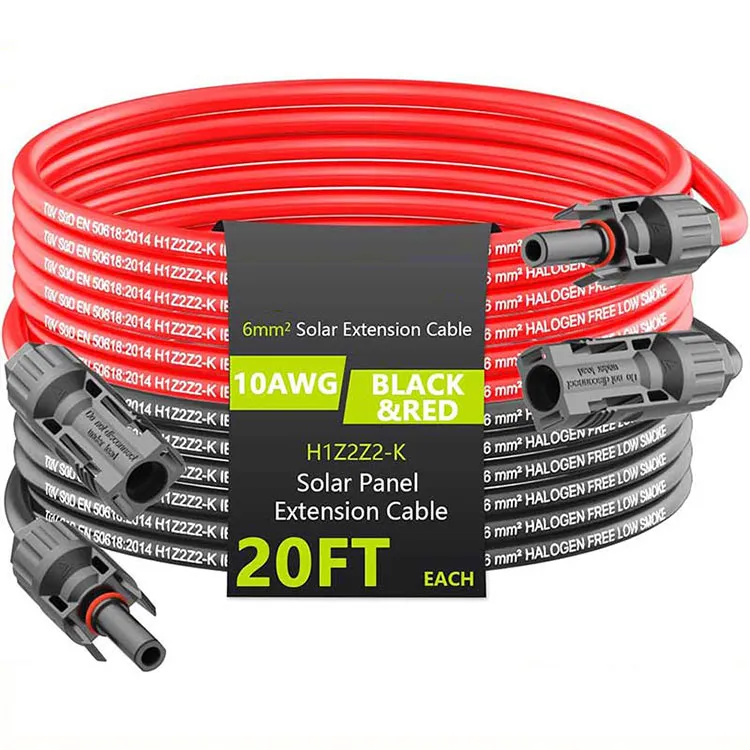
Is solar cable used as a regular wire?
12 05,2024Solar cables cannot be directly used as ordinary wires. The design and usage environment of solar cables (photovoltaic c......
Read More
